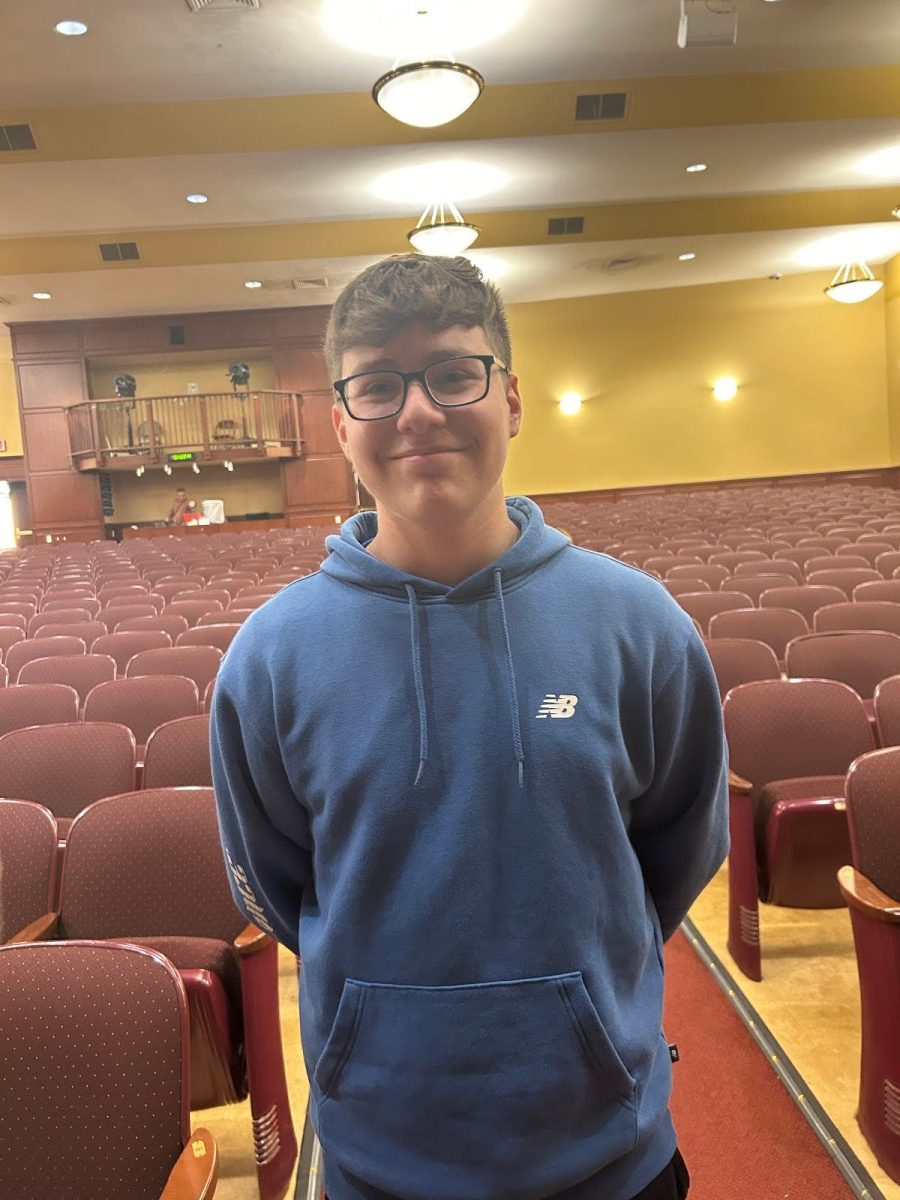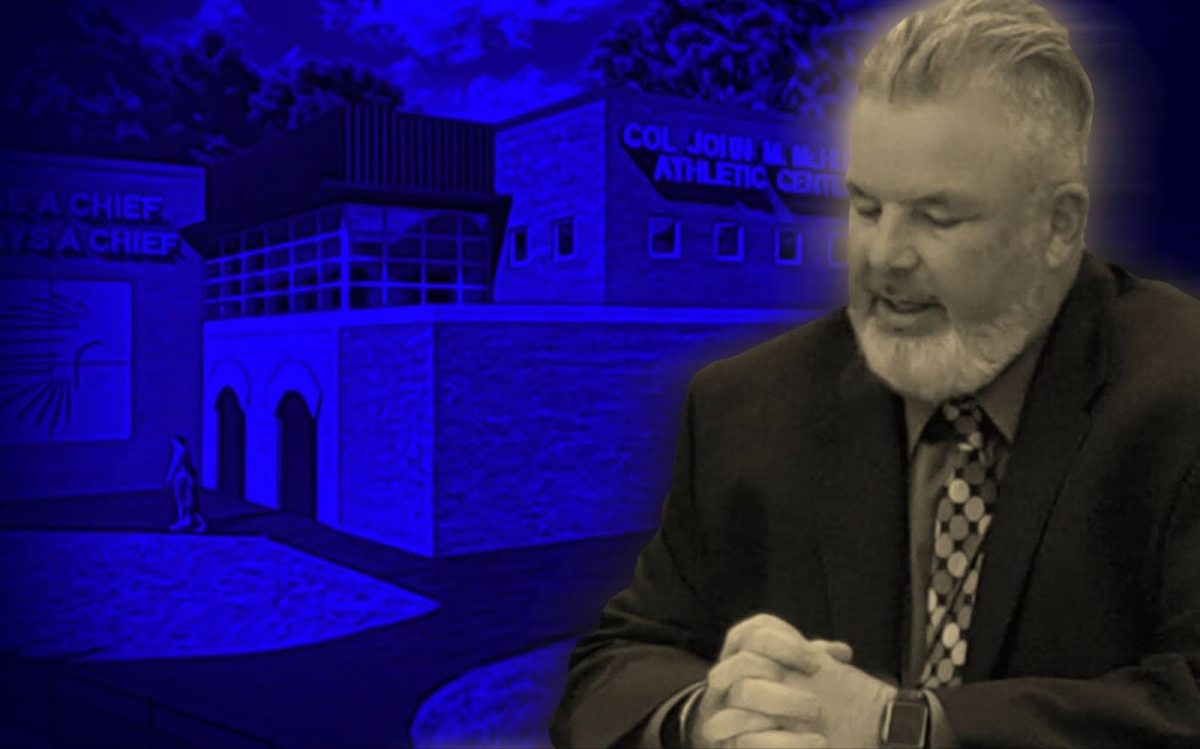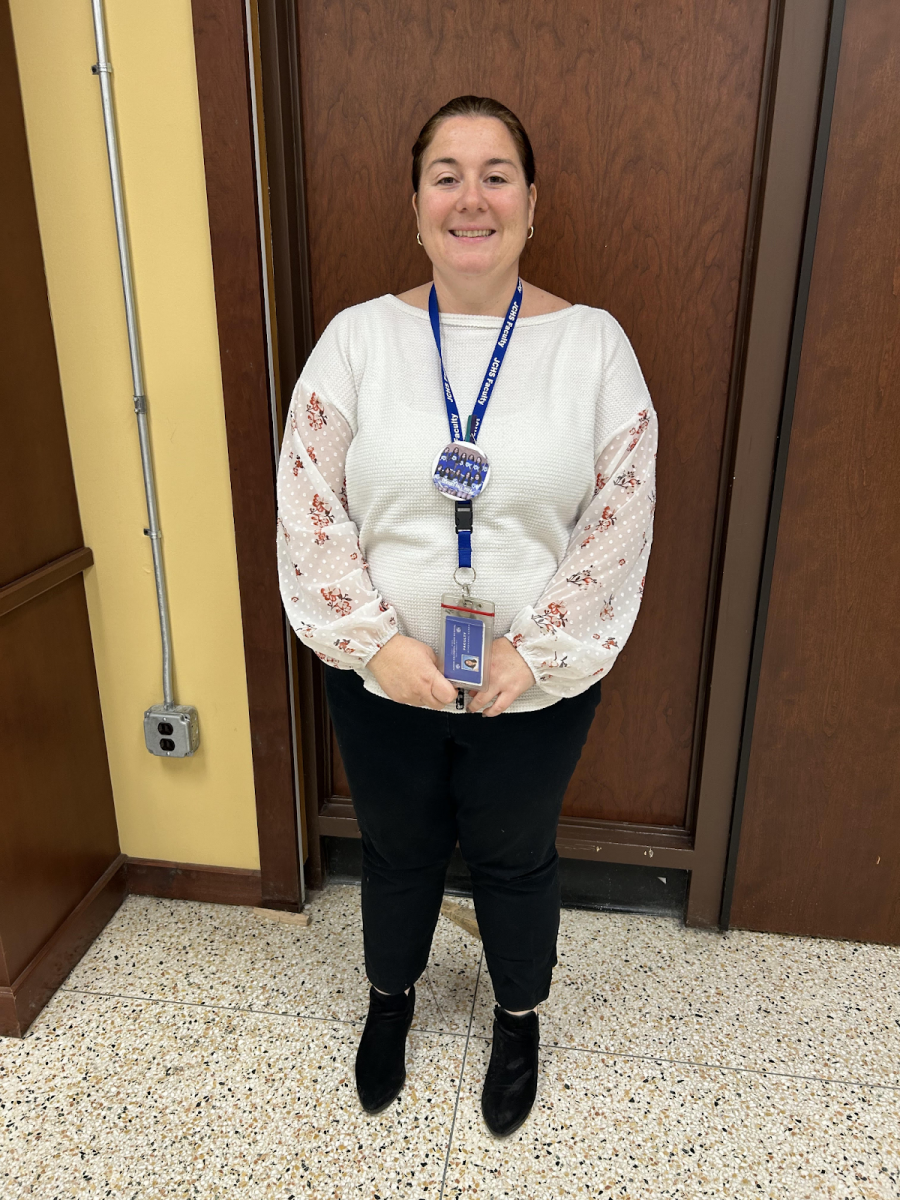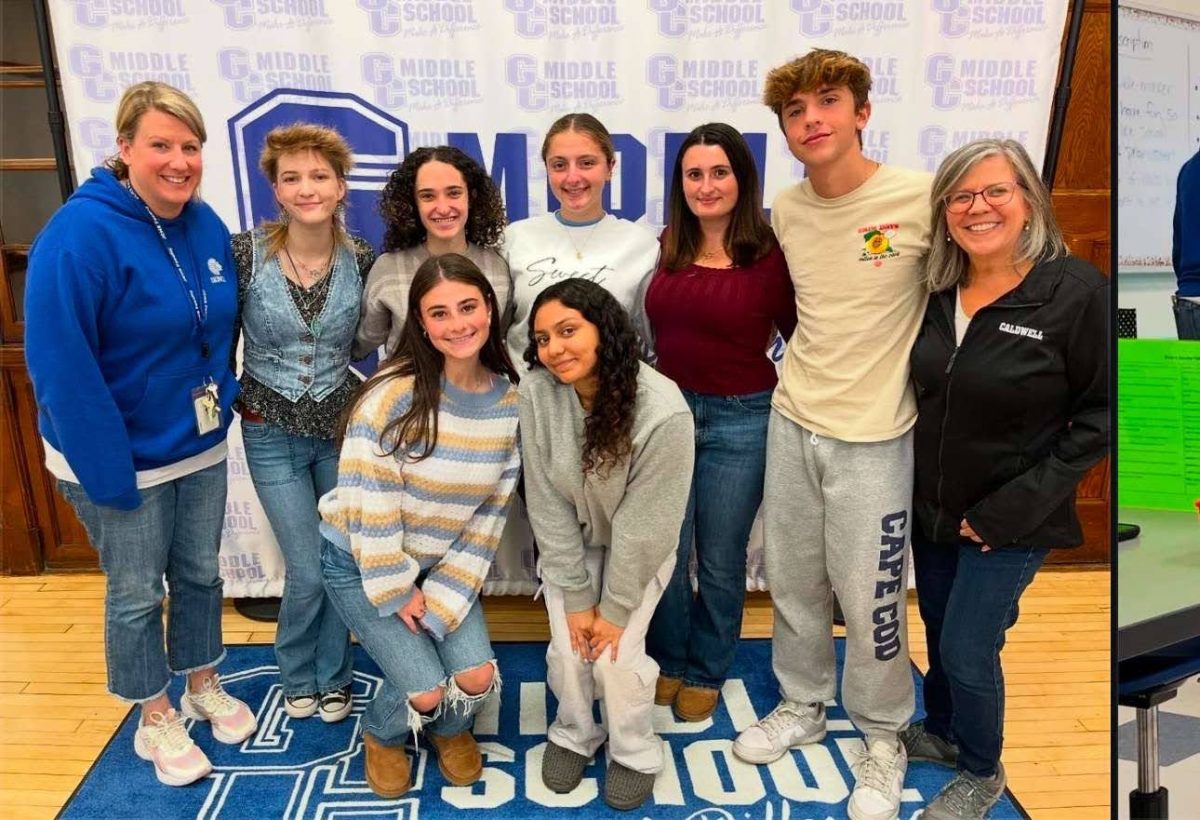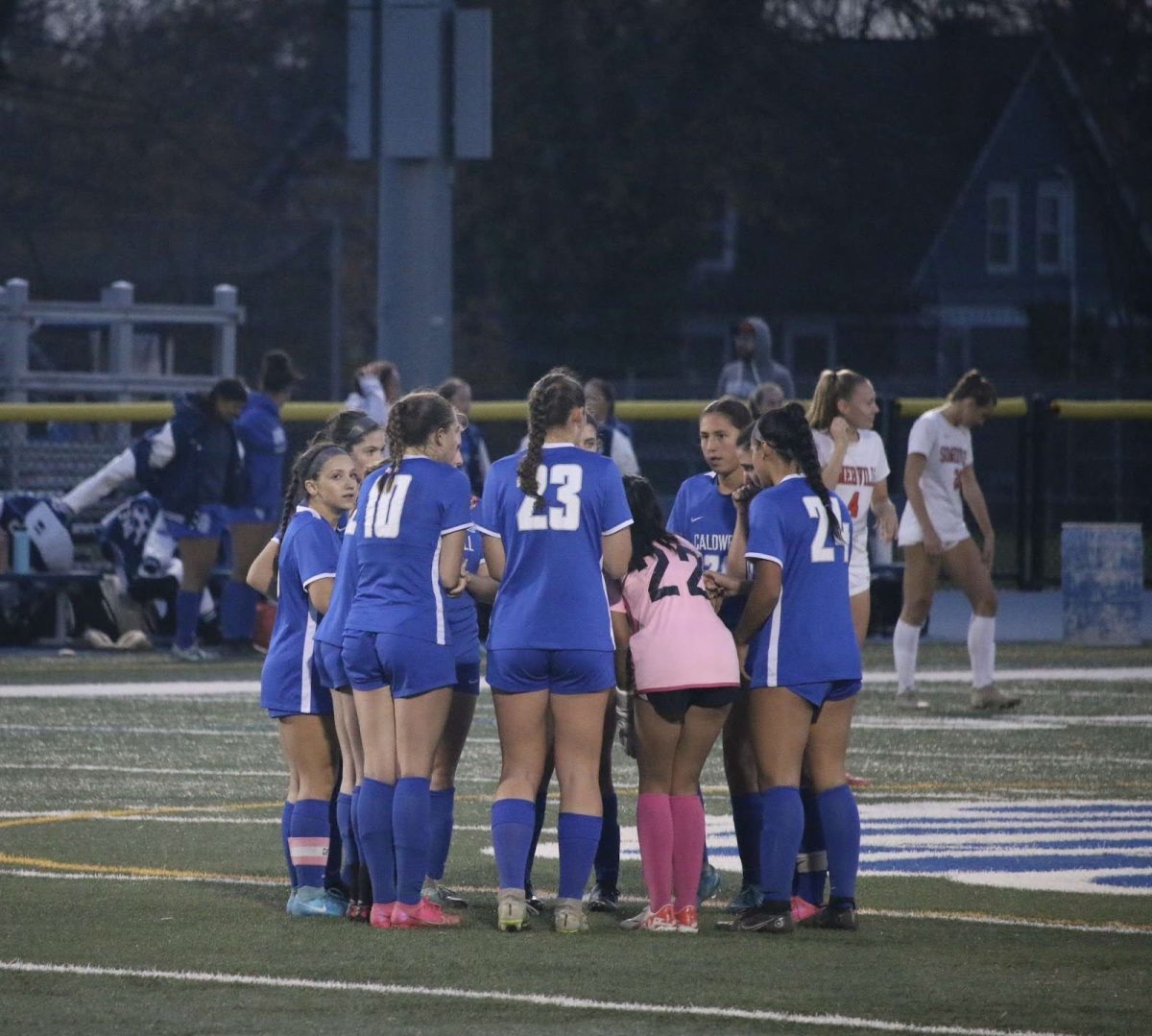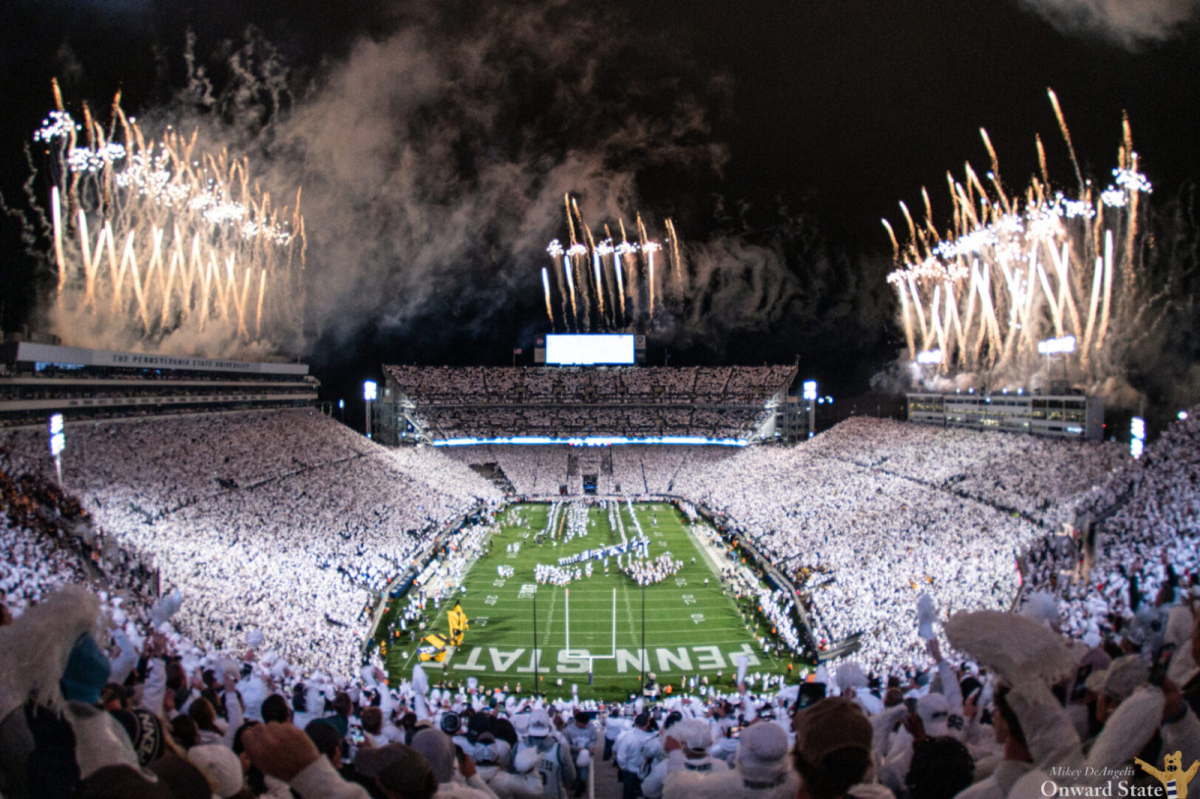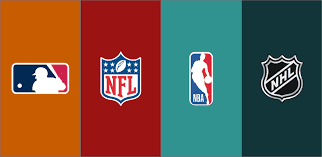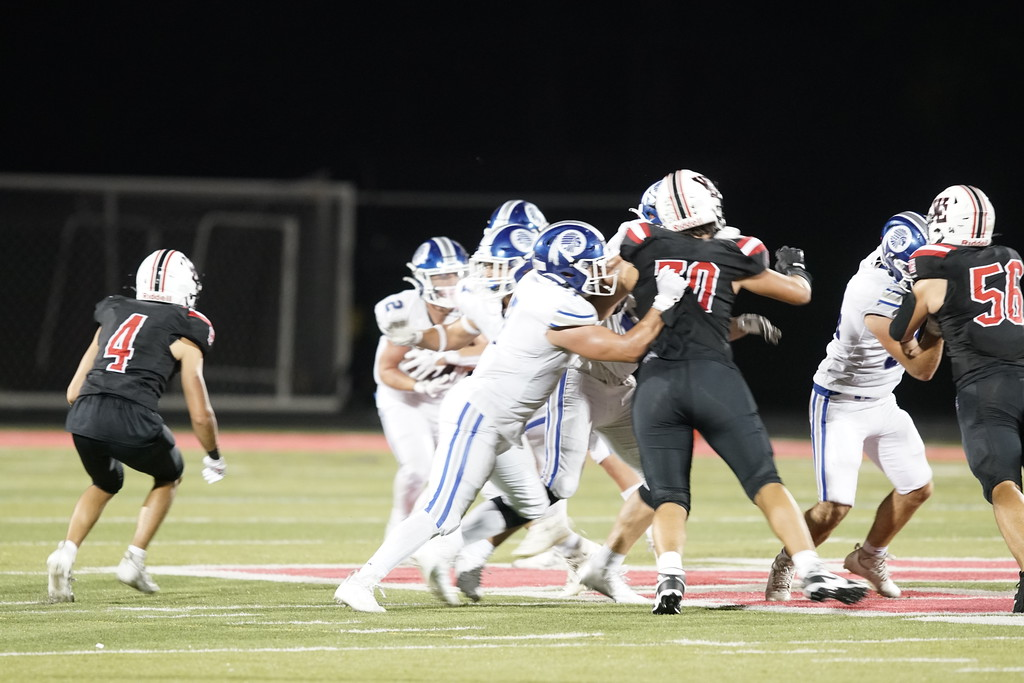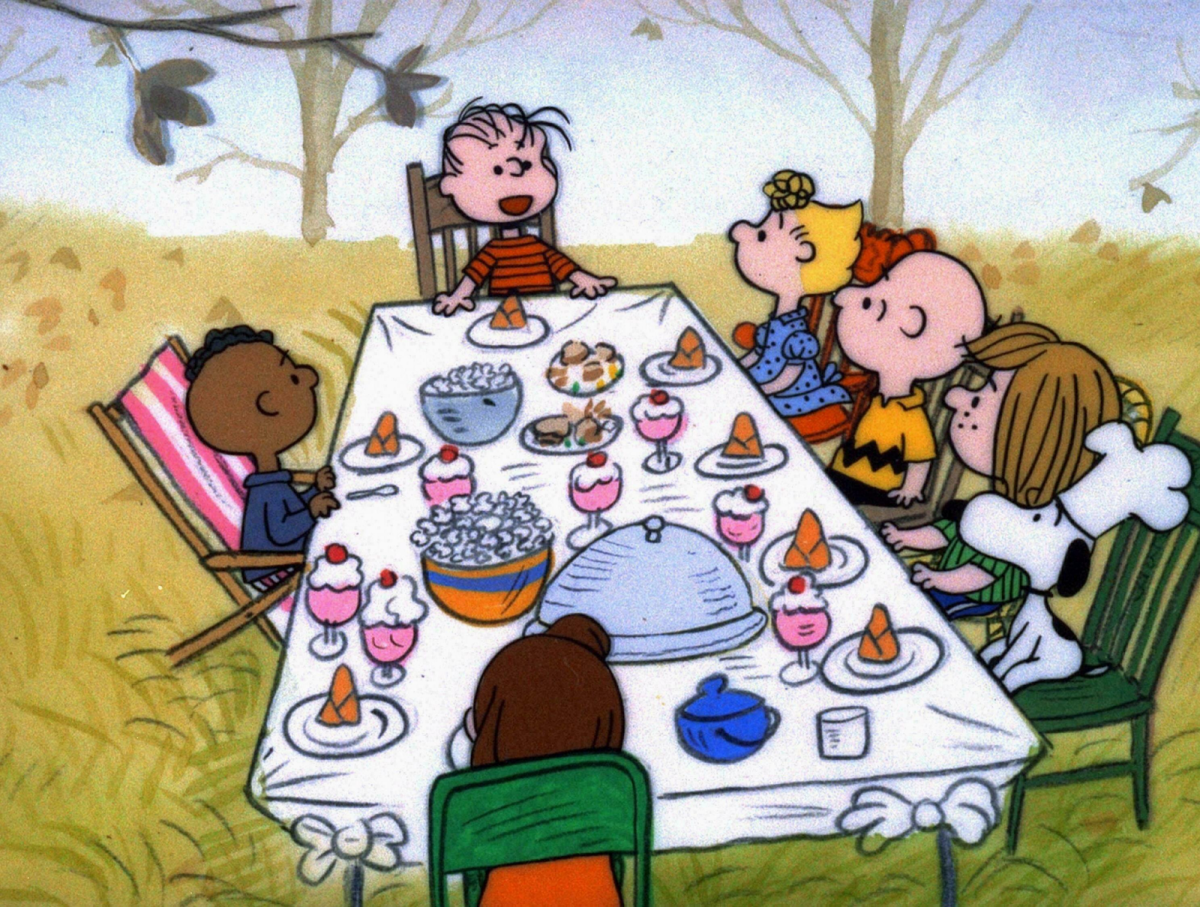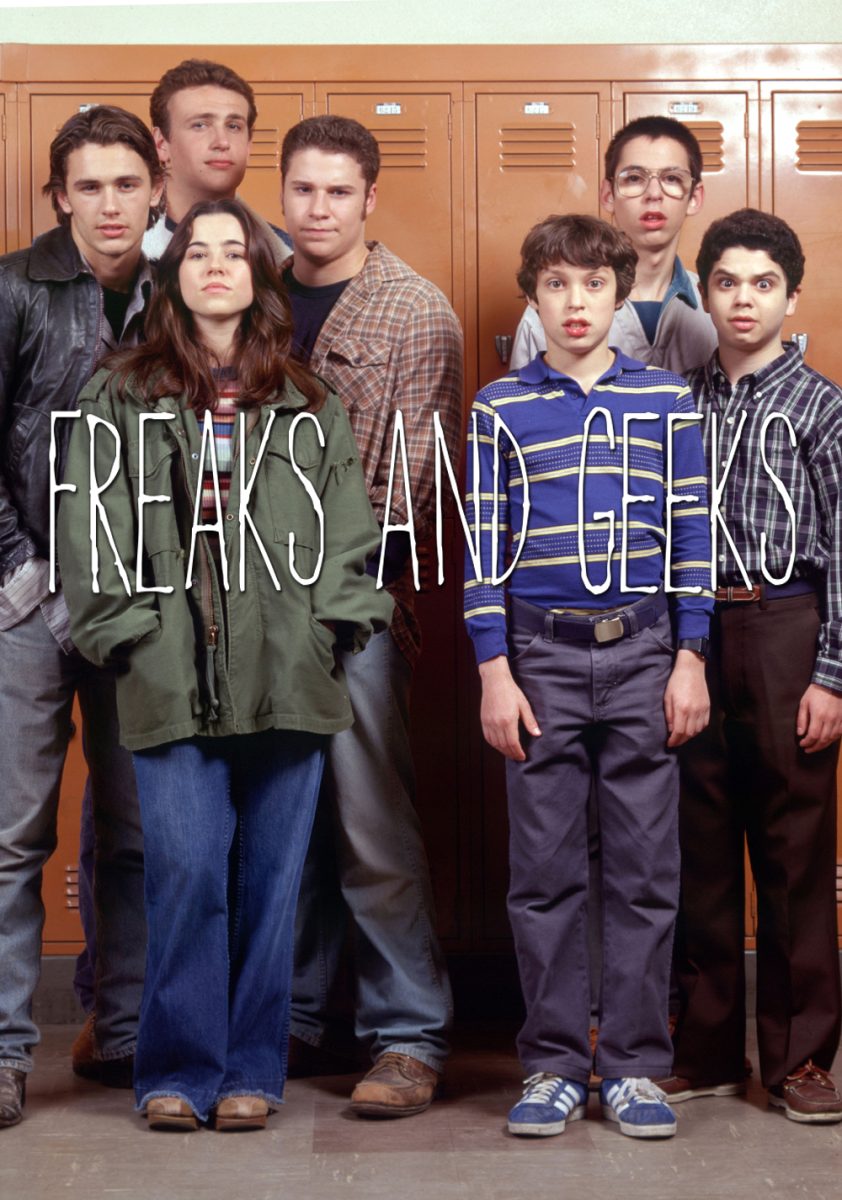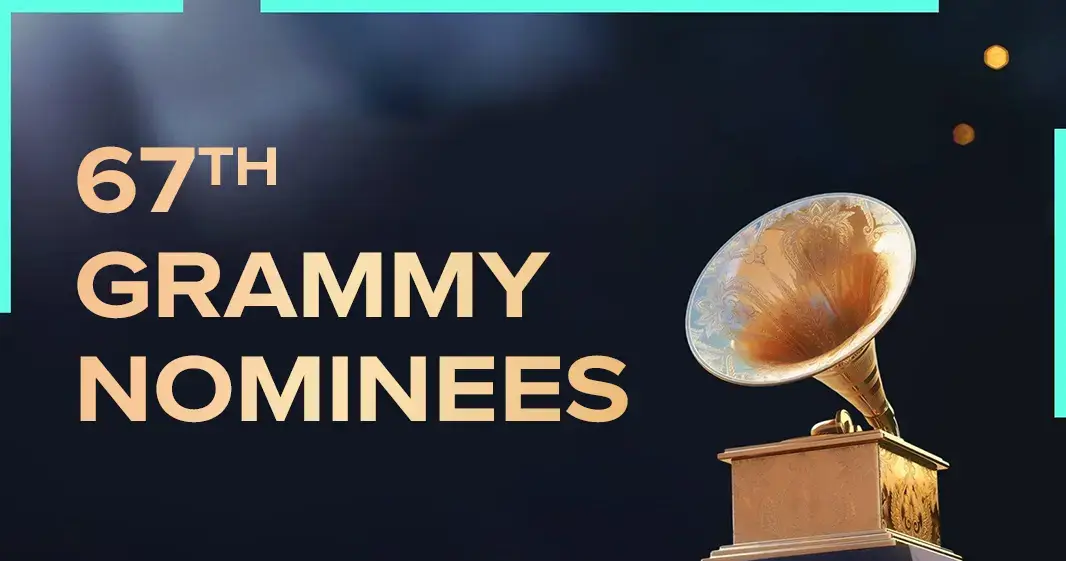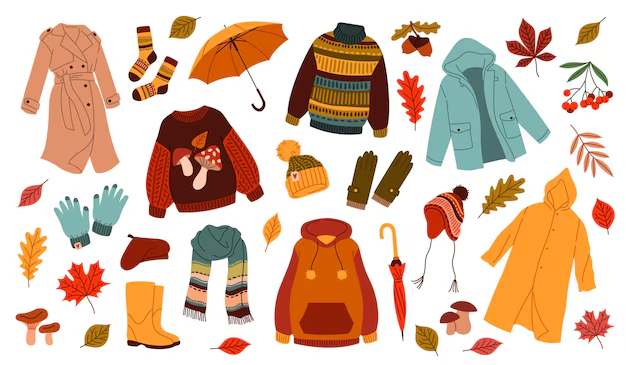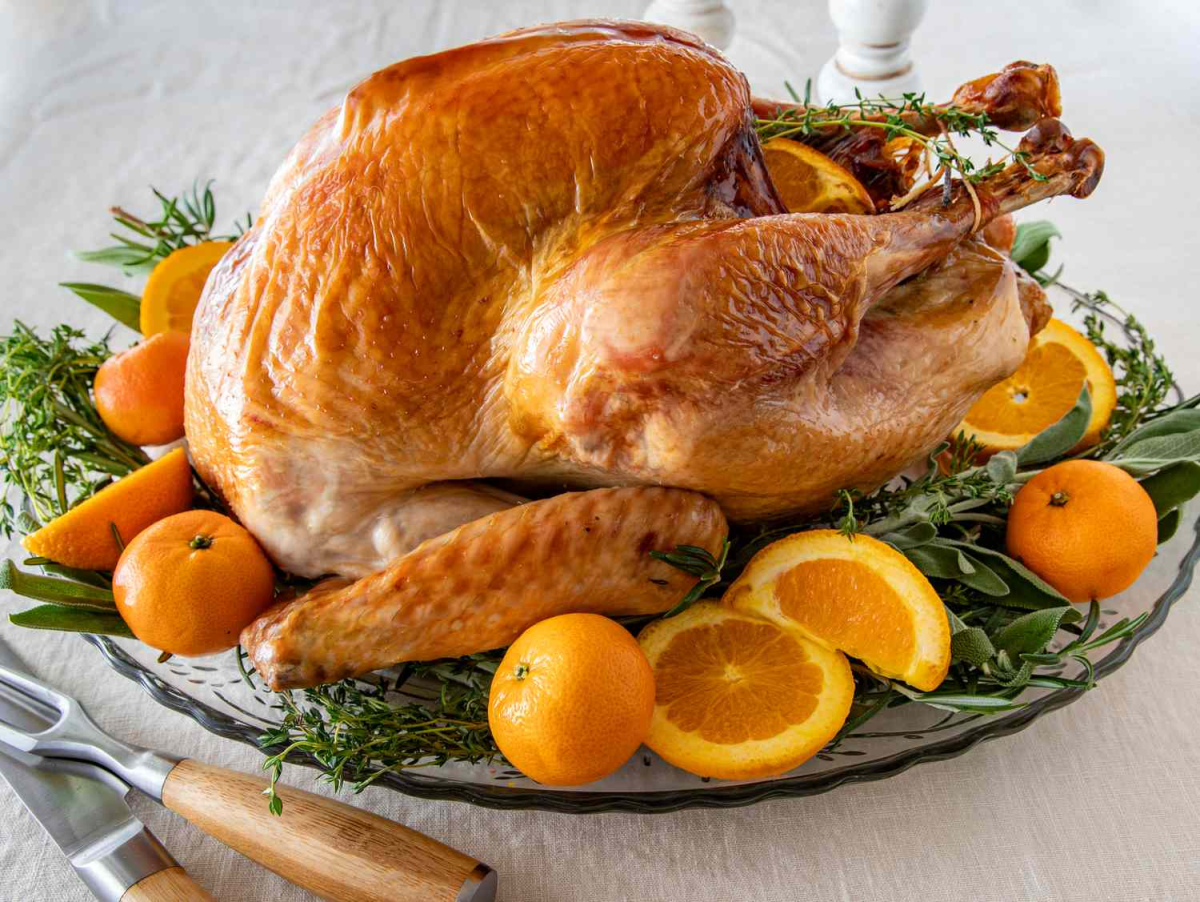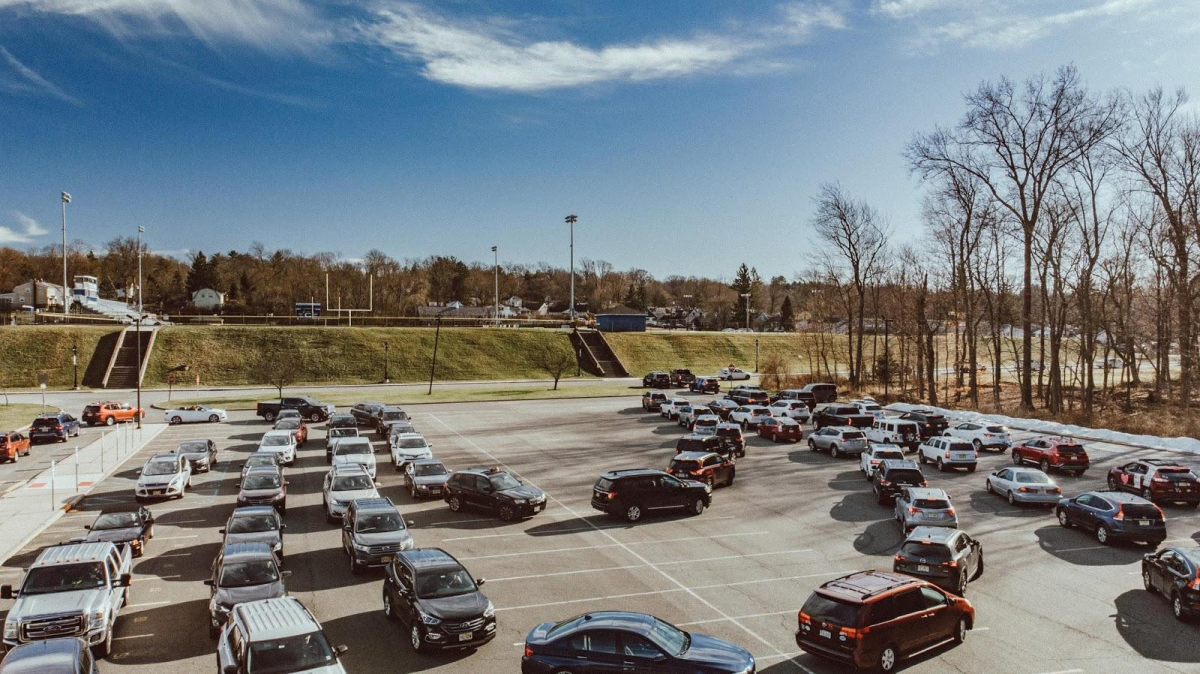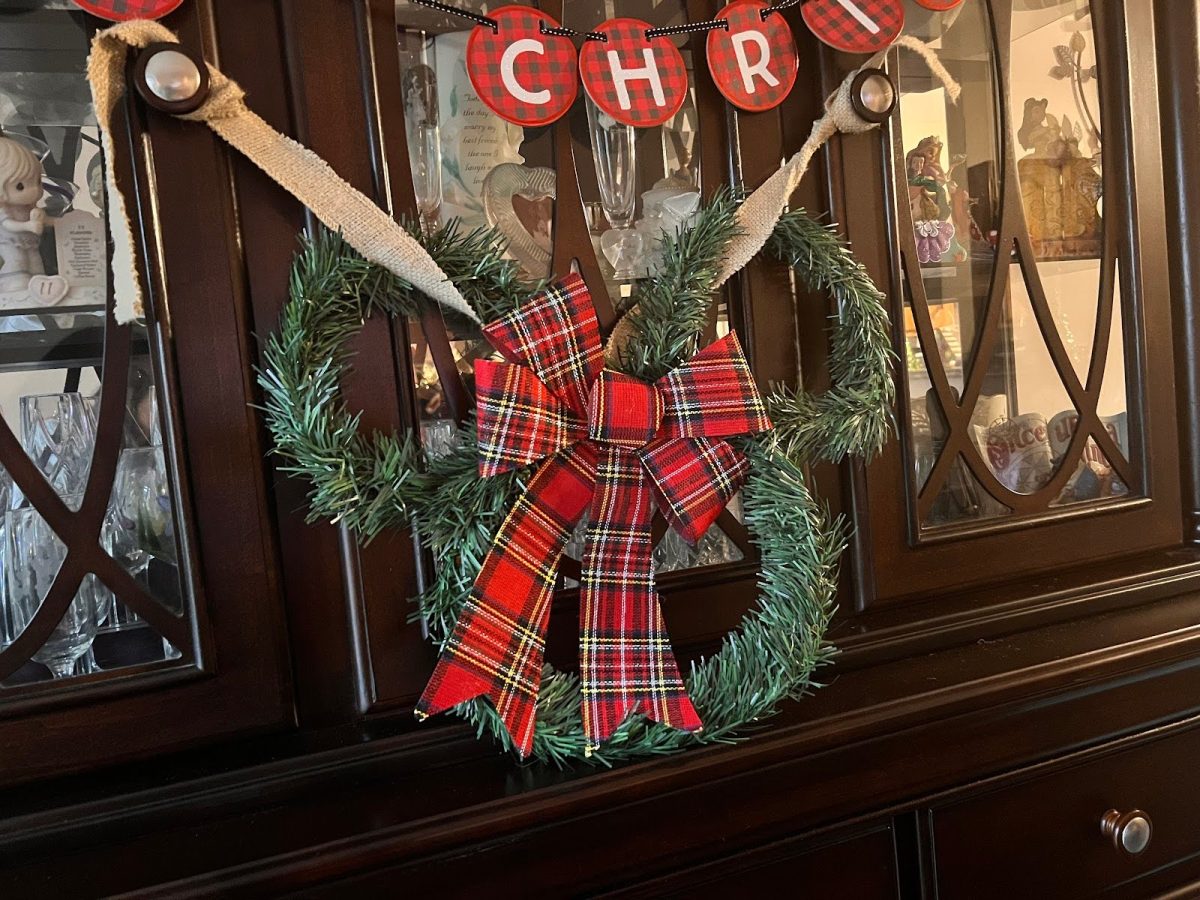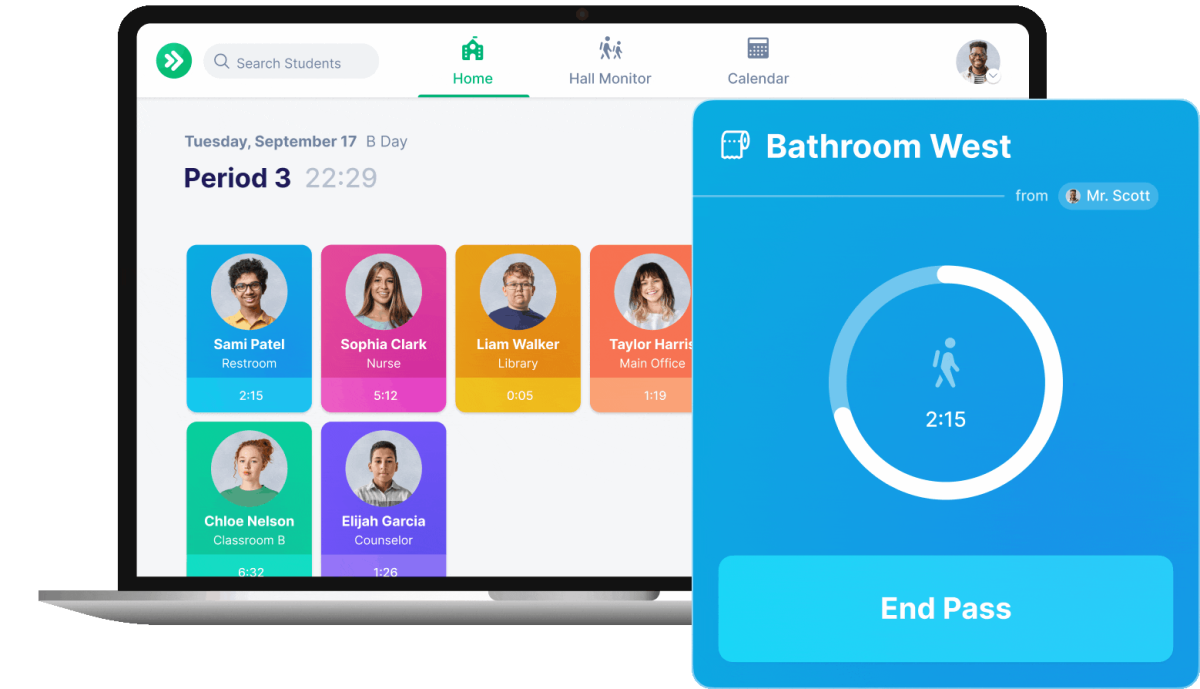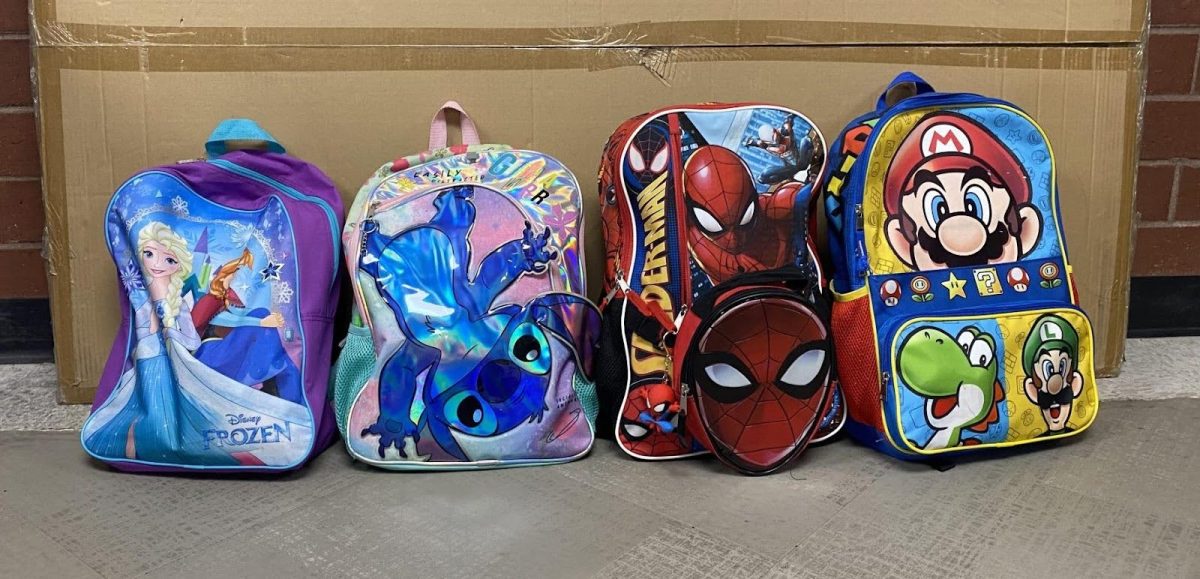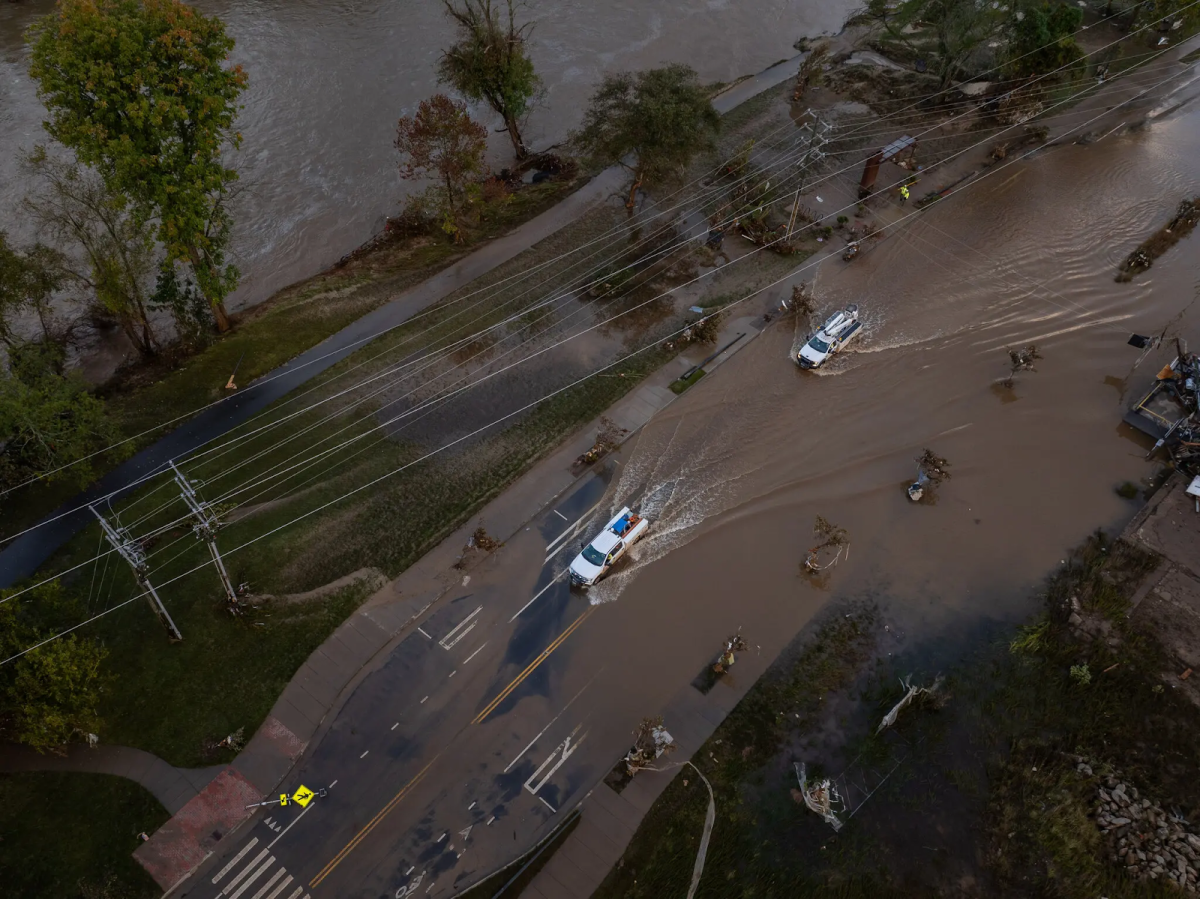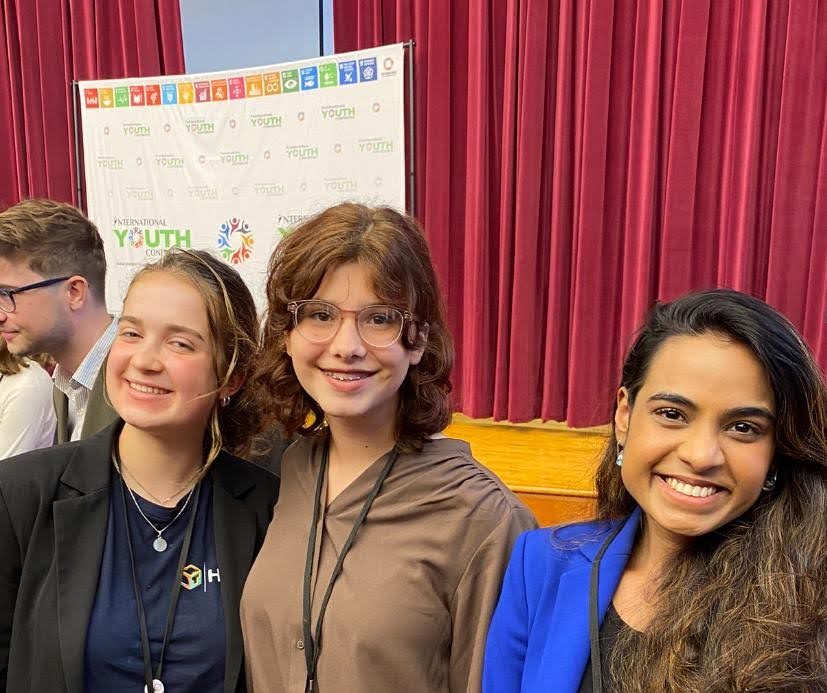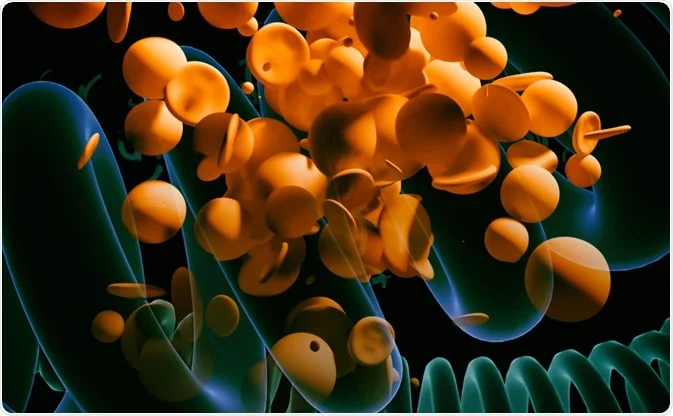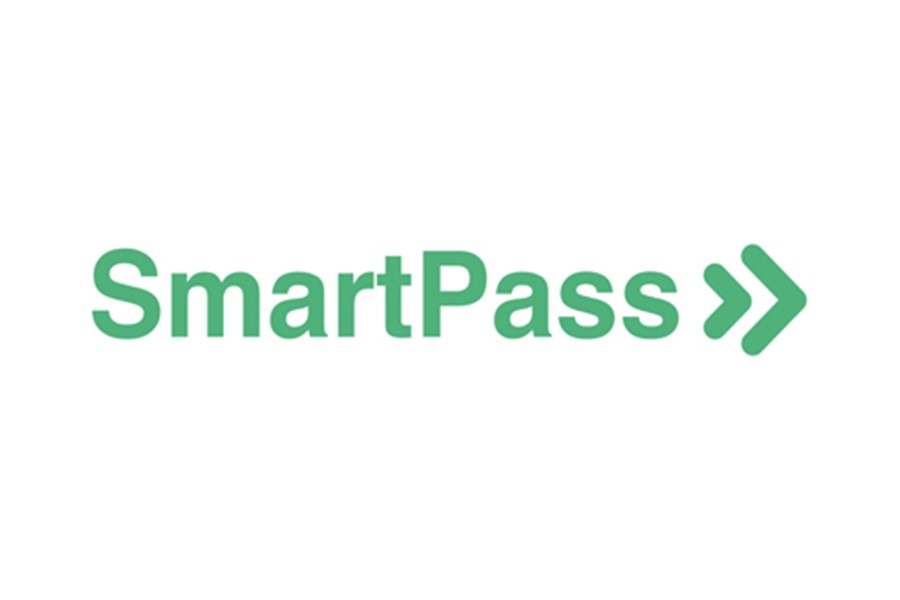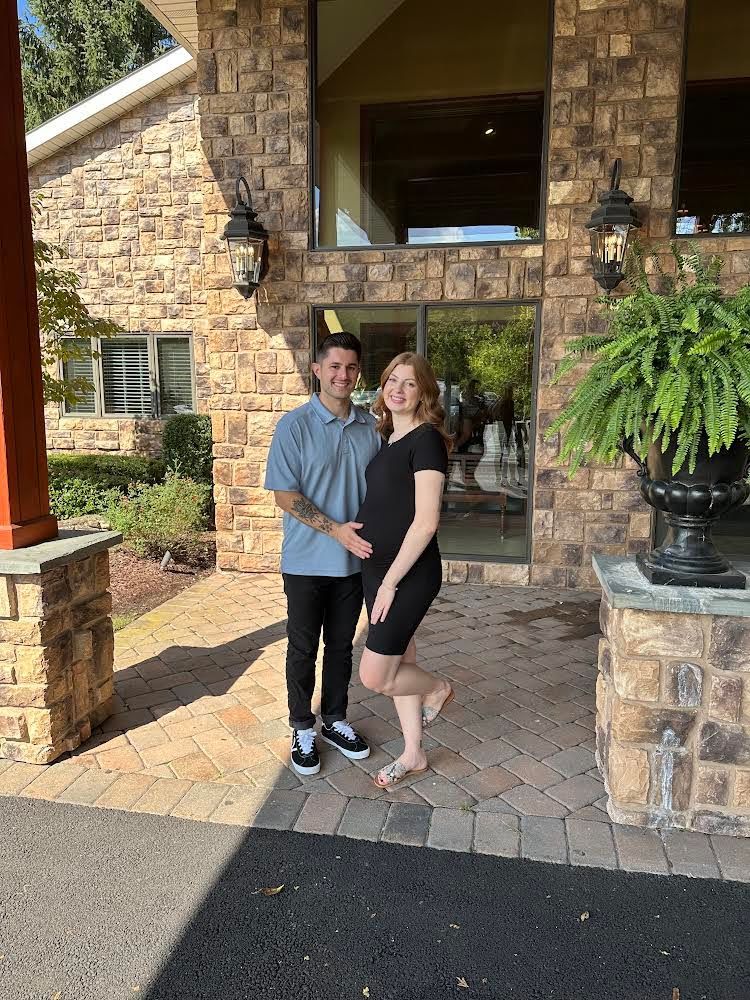Every year, millions of people make a big decision on election day: do they show up to vote? While the answer for far too many is “no,” even fewer actually make the choice to become involved and run for office. In a country with so much opportunity to participate in democracy, what drives some of us to step up and run, and others to walk away and totally avoid politics?
Voter apathy can be defined as a lack of interest or investment in politics. Right now our national political climate has been hostile and divided, which has a lot to do with why young people avoid it completely. According to a US News poll of over 2000 respondents aged 18-30, just 19% said they heard directly from state or national political candidates about upcoming elections or their plans and platforms. Even fewer felt like local community candidates made any effort to connect with them or learn about their needs.
There has been a big push this year to get younger people from Gen Z to vote in the 2024 US Presidential Race, especially with so much focus on just a few votes within swing states determining the election’s outcome. But whether or not to get involved with politics is also a major question here at JCHS.
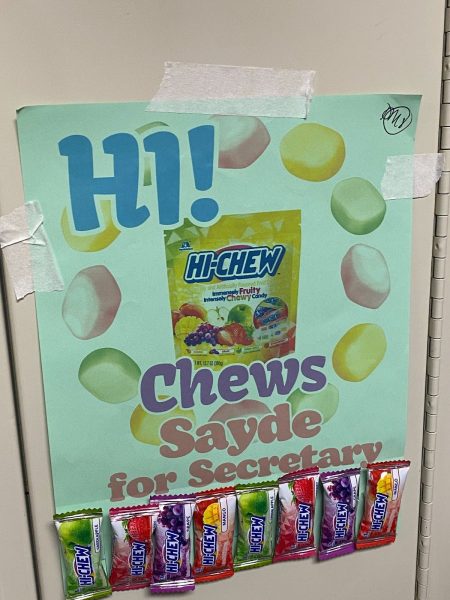
Getting Involved at JCHS
Our most recent election was held for the Freshman class or Freshman Division of Student Council. Only Freshman students were able to run and able to vote in this one. A majority of the students who ran were not previously involved in student council. There was a lot of energy during election week and in the lead up to it, however. Many people were running and campaigning, which caught the general interest of the freshman population. But after it was all over and the votes were counted, how many will stay involved?
Those who were involved by supporting their friends or favorite candidate may be more likely to remain involved in and aware of student council activities. Two students who spoke off the record to the Caldron explained they were willing to “get involved” in campaigning by hanging posters on their lockers to support their friends. Similarly, current Vice President Madeline Wyrovsky told the Caldron she encouraged friends to run alongside her: “Fallon [Freshman Class President] and I were talking about [running] at one of the football games, and we thought it was the perfect opportunity. We encouraged Elena and Aaliyah to run as well, knowing that all four of us work well together.” While the US News poll warns us to avoid assuming all young people are the same, there is also strong evidence within it that social networks count when deciding to participate in the process of democracy.
Still, some students felt distanced from our JCHS elections, even if they do have an interest in what is happening nationally. When asked about interest in the election, a student named Janie told The Caldron “I was more interested in the national election [even though]… I had no effect on [it], then I was in the student council election”.
Staying Involved
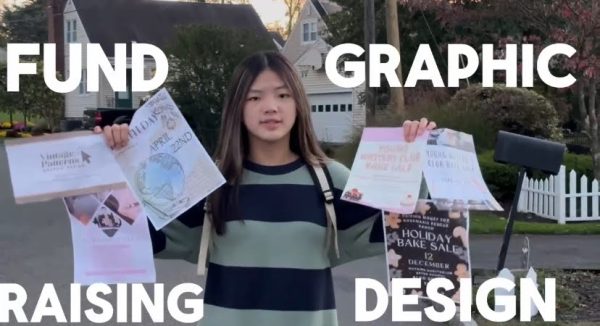
Even though campaigns for school elections are not as large or significant as federal, state, and town elections, many elected student leaders and candidates who spoke to The Caldron stated their interest in connecting with the community. Izabell Pierre, a current Freshman class representative, said: “I decided to run because I saw the student election as an opportunity to get involved within the school as well as both councils, and also to give back to my school community. I also felt that I had the potential to create changes that would not only make our highschool experience more fun but also create long lasting memories”.
As for how JCHS students connect with the greater Caldwell-West Caldwell community, it is important to think about how our local elected officials can create outreach and opportunities for us to stay involved. In speaking with Kay Middleton, campaign manager for the Democratic Caldwell Council candidates
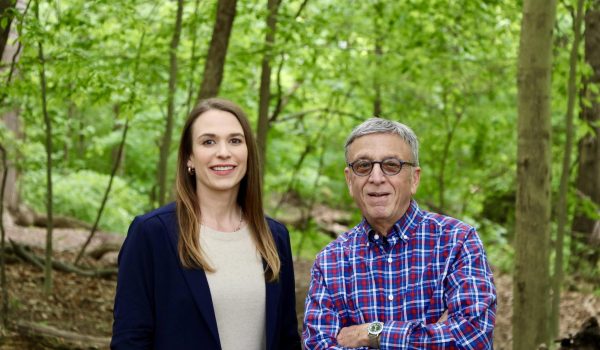
and Steve Zisk, I learned that local politics are there for us to get involved: “I used to think that politics and voting was for a special group of people called ‘politicians’ that had nothing to do with my daily life. Until I realized that actually, voters and leaders who organize voters, and elected officials who make policy or pass laws, all have a very important job to do. [They] represent a lot of people by creating policy that improves our everyday lives, from how we pay for groceries to public school education to keeping people safe…We lost the election, but ran a strong campaign. The good news is that a lot of people got energized…[and] engaging young people and students in this process is so important, because you are a big part of shaping the future.”
Small elections for our student representatives really demonstrate just how much each vote matters. Candidates at the school and even town level can lose or win by just a few votes. It’s not just “swing states” in federal elections that matter, and any kind of voting can always have an impact.
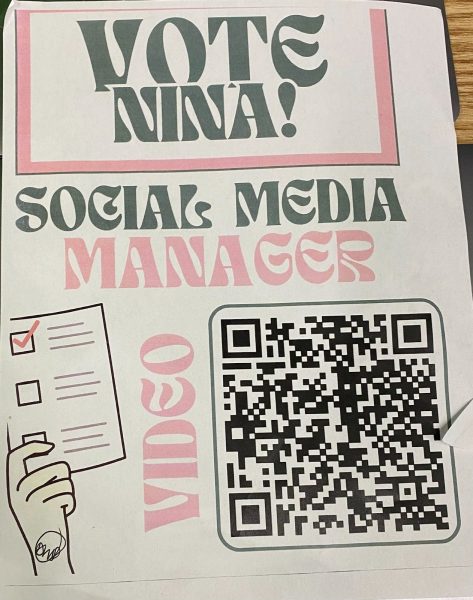
Sources cited
US News / Kawashima-Ginsberg, Kei (2024). “Youth are Turned Off by the 2024 Election”. July 11. https://www.usnews.com/opinion/articles/2024-07-11/youth-are-turned-off-by-the-2024-election-we-can-still-engage-and-mobilize-them

